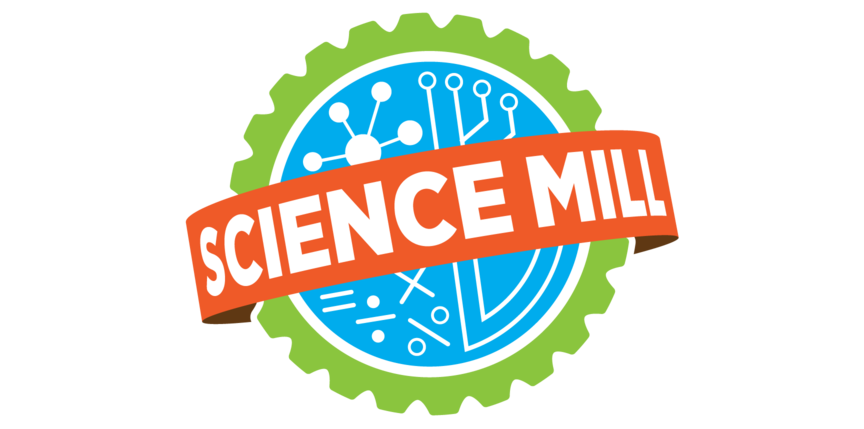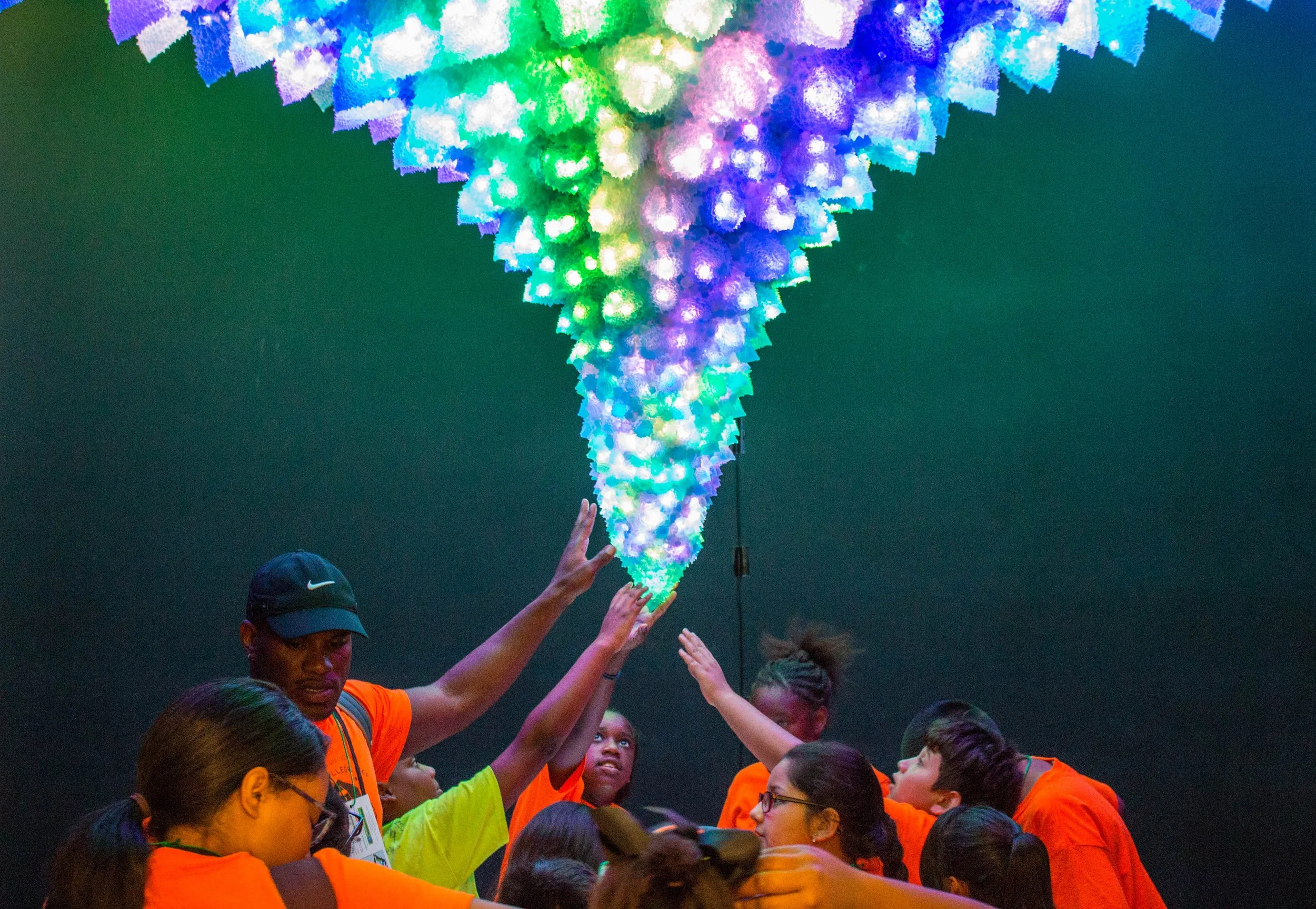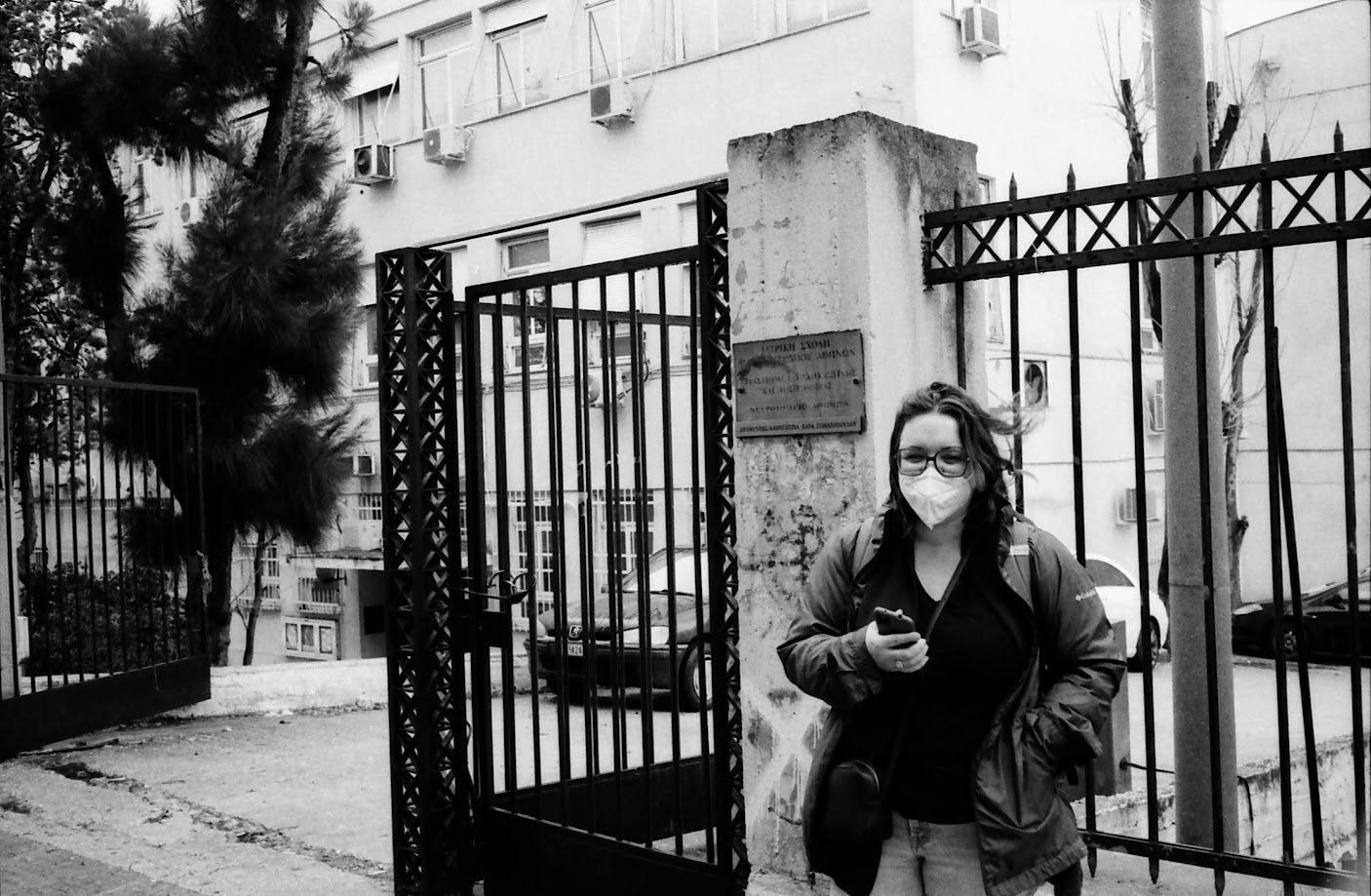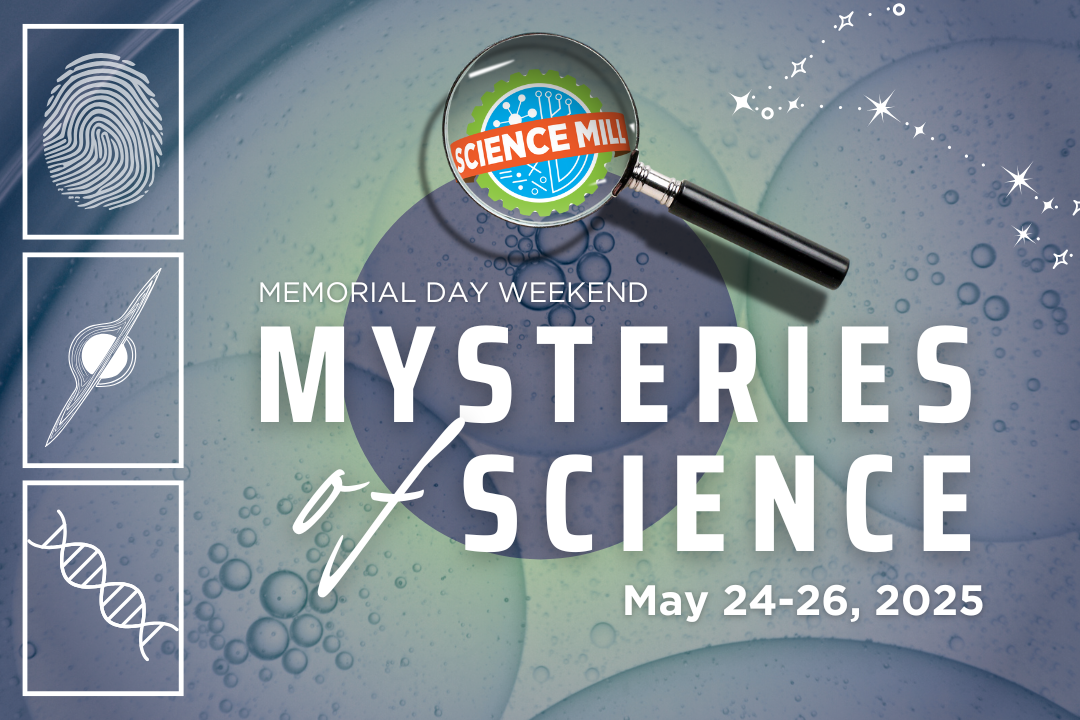When we think of learning, our minds often go straight to the classroom: textbooks, lectures, and exams. But ask any scientist, engineer, or innovator where their curiosity first sparked, and you’ll often hear stories that began outside of school. Some might mention a summer camp, a museum visit, or while tinkering in the garage. This is the power of extracurricular learning: it’s where passion meets possibility.
At the Science Mill, we believe that learning doesn’t stop when the bell rings. In fact, some of the most transformative learning happens beyond the classroom walls. That’s why our mission is to ignite a lifelong love of science, technology, engineering and math (STEM) by providing hands-on, immersive experiences that engage the imagination and build confidence.






